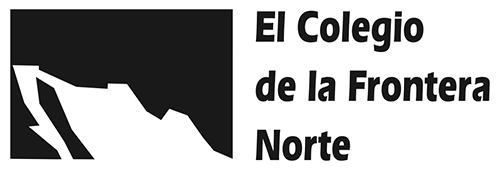
Este artículo analiza las relaciones de los migrantes mixes en Los Ángeles con su pueblo de origen, Santa María Tlahuitoltepec, en Oaxaca, a través de su participación en la jerarquía cívico-religiosa, la ayuda mutua y el tequio. Las interrogantes que guían el trabajo son: ¿cuáles son los vínculos comunales más visibles de los migrantes indígenas que mantienen para reconstruir o modificar la identidad de grupo? y ¿cómo valoran el significado de estos lazos que les permiten mantener una presencia viva en su lugar de origen? Los resultados sugieren que la etnicidad se redefine mediante lo comunal y con la idea del retorno al lugar de origen. También se observa que las instituciones tradicionales son flexibles, dinámicas y creativas, lo que permite perpetuar la identidad étnica y evitar un proceso típico de la globalización: la desterritorialización. ABSTRACT This essay analyses the relations between the Mixe migrants in Los Angeles with their hometown people of Santa Maria Tlahuitoltepec in Oaxaca, through their participation in the religous–civic hierarchy, mutual help and colective work (tequio). The questions driven work are: Which are the more visible bonds that the indigenous migrants maintain to reconstruct or transform the group’s identity? How they value the meaning of this bonds which allows them to be present over their communities? The results suggest that ethnicity redefines itself through the communal and with the thought of going back to the community. It also comes to mind that traditional institution are more flexible, dynamic and creative, which allows to perpetuate ethnic identity, and avoid the deterritorialization, a typical globalization process.
